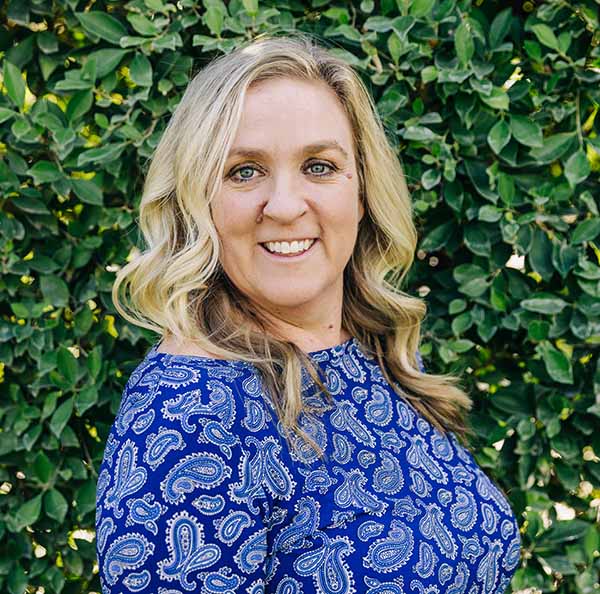The Trouble with Traditional Assessments
There are already many issues with assessment and grading practices; however, when students come to school with lived experiences, communication skills, and perspectives different from that of their teachers or other school professionals, assessment issues are exacerbated. To combat these issues, a culturally responsive lens must be used when examining current school practices and policies. Continuing traditional grading and assessment practices will only support the status quo and produce the same outcomes centered in deficit ideologies.
Schools are up against many challenges when it comes to advancing learner agency because the educational system perpetuates many structural inequities based on historical, cultural, and institutional injustices that have occurred for centuries. As a result, students focus on compliance and are deprived of opportunities to develop critical thinking and analytical skills that foster the agency needed for success, particularly in student populations historically marginalized.
These students have not been consistently provided the same opportunities to empower the habits of mind. All students deserve to engage in authentic, meaningful learning experiences where they can develop their own self-empowerment, confidence, and self-reliance. In Cultivating Genius, Dr. Gholdy Muhammad (2020) asserts, “…educators don’t need to empower youth or give them brilliance or genius. Instead, they need to cultivate the genius that is already within them. Genius is the brilliance, intellect, ability, cleverness, and artistry that has been flowing through our students’ minds and spirits across generations.” It is this kind of genius that can be unleashed through the formative assessment process for all students.

Culturally Responsive Formative Assessment
The formative assessment process, including self- and peer assessment, questioning, reflection, and goal setting, are necessary tools that help all students become independent learners. These practices support students in building on their strengths and taking ownership of their learning. In Impact Teams, Dr. Paul Bloomberg and Barb Pitchford (2017) state,
“Quality formative assessment involves students in every aspect of their own assessment and utilizes pedagogies that are effective in strengthening student efficacy. Students with a strong sense of efficacy are more likely to challenge themselves with difficult tasks and be intrinsically motivated. Students with strong efficacy will put forth a higher degree of effort to meet their goals, and they tend to attribute failure to factors that are in their control rather than blaming external factors. Self-efficacious students also recover quickly from mistakes and ultimately are more likely to achieve their goals.”
Culturally responsive formative assessment experiences foster self-efficacy and intrinsic motivation, so ALL students can learn how to navigate what is in their control, learn from mistakes, and create their own unique pathways to success. By supporting our students who are culturally and linguistically diverse to develop their criticality and build their own agency, we can help them understand power, privilege, and oppression when it comes to current systems and practices around assessment.
Formative Assessment is About the Process
Typically, formative assessment is misunderstood, and students have not been involved in the process. It is something teachers have done to them and not with them. By interrogating the assessment systems that have historically failed our most marginalized students, we can transform how we approach assessment and provide a safe space for our students to name and critique those injustices, determine their own pathway to success, and become change agents in our world. In other words, we want our students to be EMPOWERED.
Amplify Learner Voice through Culturally Responsive and Sustaining Assessment
How do we take the theory of learner agency that is alive and growing in a school system and make it a reality? It’s something that is asked regularly in education. Amplify Learner Voice through Culturally Responsive and Sustaining Assessment, a new book from Mimi & Todd Press, provides a boots-on-the-ground field guide that provides a way forward to any system or school that wishes to do so.
Blog Post Authors: Dr. Paul Bloomberg and Dr. Ingrid Twyman
Get a sneak peek!


